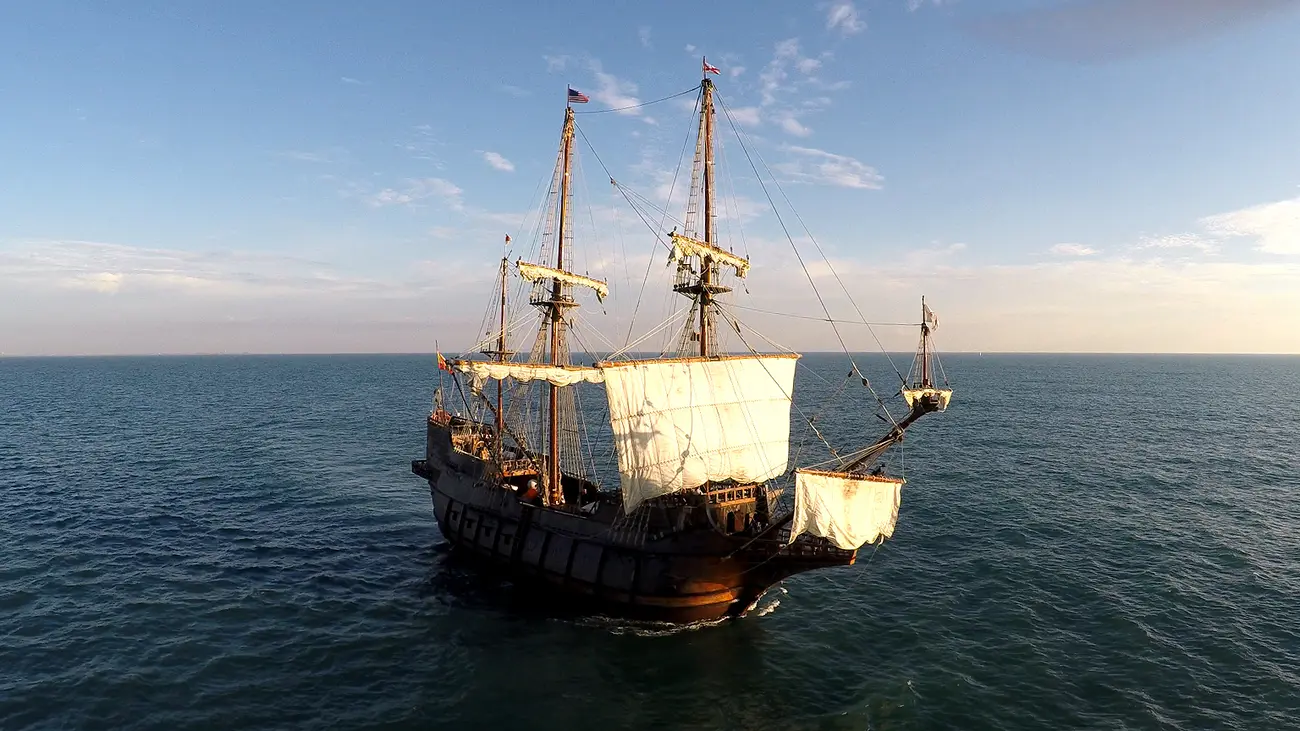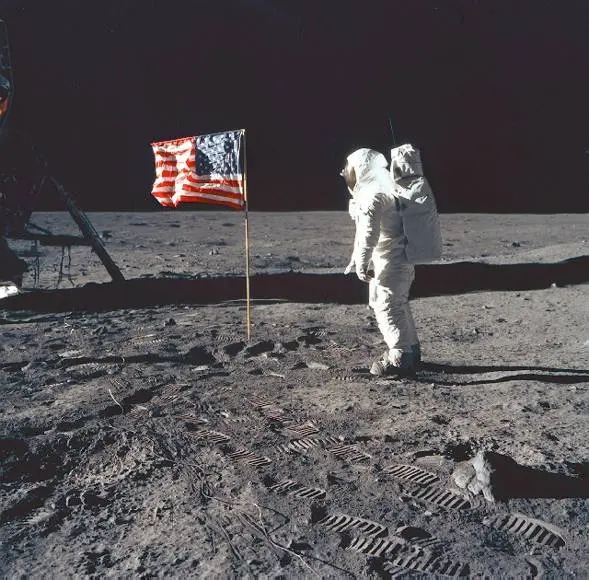Cape Canaveral is the oldest name of a specific location to appear on a European map of what is now the continental United States.
Every manned mission into space originating from the United States has been launched from Cape Canaveral.
From the Spanish “discovery” of the New World to America’s manned exploration of space, Cape Canaveral helps define the boundaries of the Modern Era.
In the late 1400s, Spain was unified under Ferdinand and Isabella, who sponsored the first European exploration and settlement of what they thought of as the New World.
In 1513, Ponce de León literally put Florida on the map, and gave our state its name.
“There’s still a great deal of controversy and a great deal of debate as to where Ponce de León first makes landfall and comes ashore in Florida,” says James Cusick, co-editor of the book “The Voyages of Ponce de León: Scholarly Perspectives.”
“We know it’s along the Atlantic coast. We know it’s more than likely somewhere between Cape Canaveral and areas just south of Jacksonville.”
Ponce de León returned to Florida in 1521, hoping to establish a colony, but his efforts were rejected by one of the many sophisticated tribes of Native Americans who had been living here for thousands of years. The Calusa Indians of southwest Florida attacked the settlers and Ponce de León died from his injuries.
In the following decades, Spanish conquistadors including Pánfilo de Narváez, Hernando de Soto, and Tristán de Luna came to Florida seeking land, wealth, and slaves. None were able to establish a permanent settlement here.
In 1564, the French establish Fort Caroline near Jacksonville. Spain sent Don Pedro Menéndez de Avilés to reclaim Florida.
“Once the King of Spain hears that the French have people in what he considers to be Spanish Florida, the clock speeds up,” says Spanish colonial historian Susan Parker.
“A major point of Menéndez’s venture to La Florida, one of the first things he has to do, is to eliminate the French from Spanish claimed territory.”
Don Pedro Menéndez de Avilés attacked Fort Caroline, and the last surviving French fled to Cape Canaveral. Menéndez ousted them as well before establishing St. Augustine as the oldest permanent European city in what is now the United States, in 1565.
The exploration of Florida is an important element establishing the beginning of the Modern Era. Historians, humanities scholars, and sociologists say that the moment Neil Armstrong set foot on the moon, the Modern Era ended, and the Post-Modern Age began.
As the first steps on the moon were taken on July 21, 1969, Neil Armstrong inspired future generations of astronauts.
“I was a freshman in college, I remember when it happened,” says NASA astronaut Winston Scott. “I was sitting in the living room, watching the television pictures along with millions of other people around the world. I can remember how exciting it was. I was captured by it.”
Scott’s own accomplishments include serving on two shuttle missions, making two space walks, and spending nearly 25 days in space. Like the American astronauts before him, Scott launched into space from Cape Canaveral.
“All of a sudden the clock hits zero and it leaps off the pad,” Scott says. “It doesn’t rise in slow motion the way it looks on TV. It jumps off the pad. The entire ride from earth to orbit is only eight and one half minutes. It is an incredible ride.”
Stars guided the navigators aboard the Spanish ships that came to Florida in the sixteenth century, many sailing past Cape Canaveral. The astronauts launched into space from Cape Canaveral continue looking to the stars and beyond.
“I can imagine what it would be like to be on the first crew going off to Mars,” says Scott.
“I do think it’s important that we continue to explore. That’s what we were meant to do as human beings, and we ought not to let anything get in our way of pushing the boundaries, to continue to explore in every way that we can.”
The same brave impulse that allowed European explorers to climb aboard ships and sail across the ocean to unknown destinations, including Cape Canaveral, is alive and well today.

